Integrated product design III. (interior and fashion) - RTETT1EBNE
Academic year/semester: 2024/25/2
ECTS Credits: 6
Available for: Only for the faculty’s students
Lecture hours: 0
Seminarium:-
Practice: 0
Laboratory: 4
Consultation: -
Prerequisites: Integrated product design II. (interior and fashion)
Course Leader: Prof. Márta Kisfaludy DLA
Faculty: Rejtő Sándor Faculty of Light Industry and Environmental Engineering, 1034 Budapest, Doberdó utca 6.
Course Description:
Ecological approach in product design. Recycling-reuse-redesign.
The integrated product design on the basis of socio-economic and technical aspects lays
great emphasis on the unified and coordinated display of products and product groups in
addition to the functional, market, long standing, safety and feasibility aspects.
The experiments of colour and design studies aim at the diverse presentation of product
variants through a design project.
The implementation of product design and development projects is aided by the preparation
of prototypes and technological model experiments.
The most optimal creation of aesthetic product appearance is assisted by the product
construction knowledge and the current state of the art industrial background.
Solutions for profession-specific project tasks. Re-use / redesign for interior design,
clothing and accessories. Design, use of materials, technology and style coordination.
Competences:
a) knowledge - Knowledge of basic design principles and methods, as well as major production technology procedures and operating processes. - Knowledge of the most important basic materials applied in the special area of product design, their production and their application criteria. - Knowledge of the fundamental rules and technological limitations of shaping products, of striking a harmony between content and form. - Knowledge of the most important practical work techniques of their special field. - Knowledge of the ethics and methods of team work. b) capabilities - Able to design the form and construction of relatively simple products by taking into account the limits of production technology, the costs expected, and impacts on the environment. - Able to perform the virtual modelling of product concepts and products using 3D computer-aided design systems as well as to produce their technical documentation. - Able to produce, examine and test real models and prototypes using direct digital production technologies based on both traditional and 3D product models. - Able to master new knowledge by solving practical problems empirically. - Able to apply the calculation and modelling principles and methods of special literature related to industrial product design. - Able to take part in and also to manage team work. - Able to initiate, compile, and carry out projects in team work, primarily in a multidisciplinary environment. - Able to take into account the aspects of the historical, cultural, socio-economic and industrial environment in the process of industrial design and product development. - Able to analyze design projects by applying design methods and to give methodological reasons for the workflows applied. c) attitude - Efforts to make self-education in the special area of industrial product design a continuous process in line with professional objectives. - Efforts to solve tasks and make management decisions by being aware of the opinions of the colleagues supervised, possibly in cooperation therewith. - Open to transmitting own knowledge to colleagues. - Taking care to promote subordinates’ professional development, to manage and help such endeavors. - Taking care of ensuring equal access opportunities in problem solving.
Topics:
Assessment:
Exam Types:
Practice Mark
Compulsory bibliography: 1. Lissák György: A gondolattól a formáig. Napocska Kiadó 2009 2. Zalavári József: A forma tervezése. Design ökológia. Scolar Kiadó 2008 3. Slézia József: Design évkönyv (2008, 2009, 2010) 4. Ernyei Gyula: Design. Tervezéselmélet és termékformálás. Dialóg Campus Kiadó Bp. Pécs 2000 5. Scherer József: 100 év formatan. Göncöl Kiadó 2000 6. Heged s, J.: Súlyponteltolódások a termékvilágban – új diszciplínák megjelenése a termékvilágban. 7. Iványi, A.-Hoffer, I.: Innovációs és értékelemz módszertan, AULA, Budapest, 1996 8. Kocsis, J.: Menedzsment m szakiaknak. (2. kiadás) M szaki könyvkiadó, Bp. 1996 9. https://elearning.uni-obuda.hu/ electronic notes and aids prepared by the instr
Recommended bibliography: -
Additional bibliography: -
Additional Information: -



